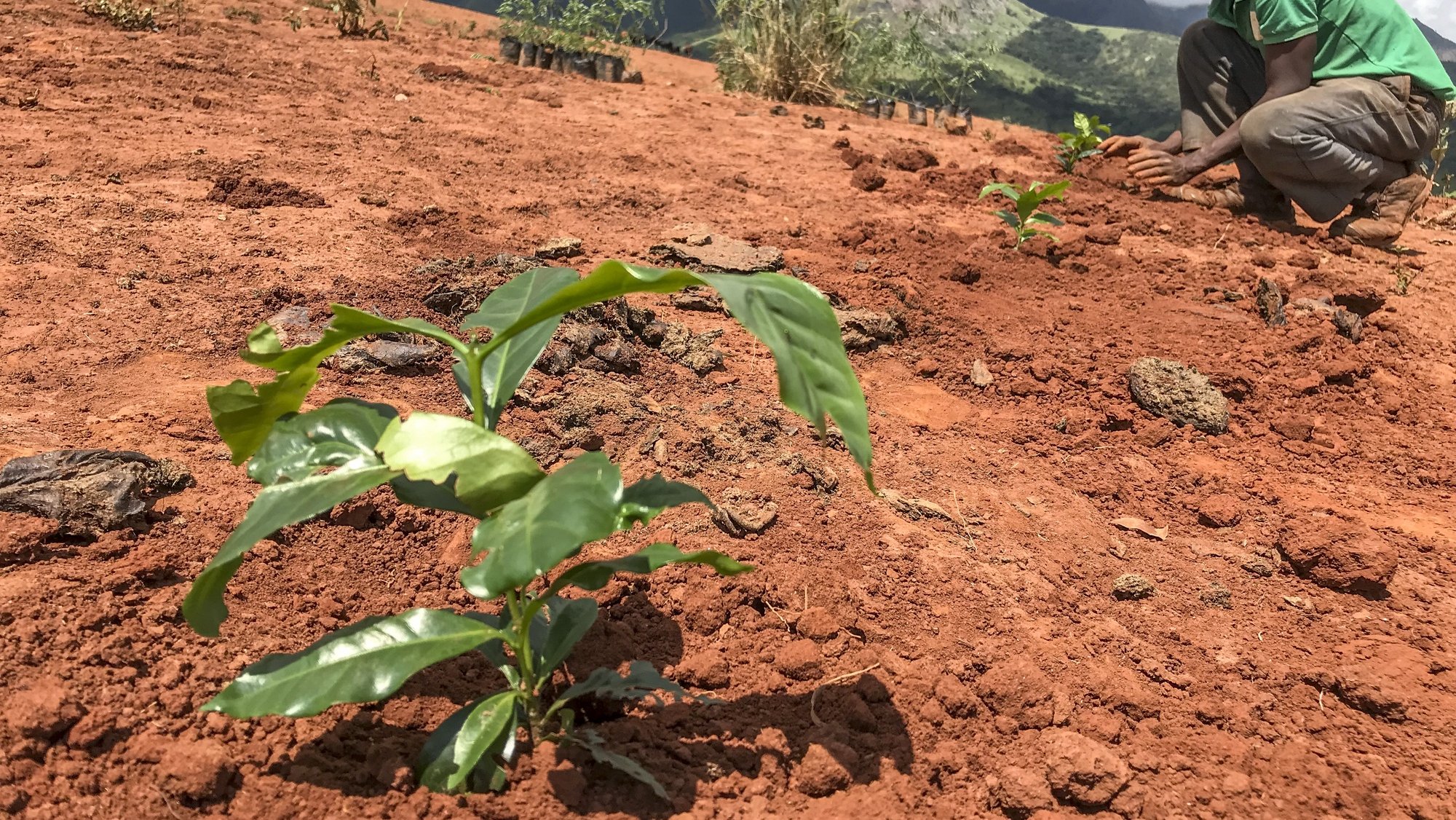By this Thursday, humanity will have consumed all that the planet can produce in a year without running out, which means that will live the remainder of 2022 on creditwarn two Non-Governmental Organizations (NGOs).
Figuratively, it would take 1.75 planet Earths to sustainably meet population needs, according to an indicator developed by researchers in the early 1990s, which continues to deteriorate.
This date, July 28, corresponds to the moment when “Humanity has consumed all that ecosystems can regenerate in the space of a year”explain the NGOs Global Footprint Network and WWF.
“During the remaining 156 days [até o final do ano]our consumption of renewable resources will consist of eroding the ‘natural capital’ of the planet”, warns Laetitia Maillhes, of the Global Footprint Network.
These data do not even take into account the needs of other species living on Earth.
“We also have to make room for the wild world,” he says.
EITHER overdraft day (Earth Overshoot Day) It occurs when human pressure exceeds the regenerative capacities of natural ecosystems.
According to the Global Footprint Network, which monitors this measurement, this indicator has been increasing for 50 years: December 29, 1970, November 4, 1980, October 11, 1990, September 23, 2000 and August 7, 2010.
In 2020, this date was postponed by three weeks due to the lockdowns caused by the Covid-19 pandemic, before returning to previous levels.
This ecological footprint is calculated from six different categories: agriculture, pastures, forest areas needed for forest products, fishing areas, built-up areas and forest areas needed to absorb the carbon emitted by the combustion of ‘fossil fuels’ and which is closely related consumption patterns, especially in rich countries.
For example, if all humans lived like the French, overdraft day it would have happened even earlier, on May 5, 2022.
WWF and the Global Footprint Network point the finger in particular at the food system.
“Our food system has lost its mind with the excessive consumption of natural resourceswithout meeting the needs of the fight against poverty” on the one hand, and on the other an epidemic of overweight and obesity, underlines Pierre Cannet, of WWF France.
The two NGOs highlighted that the ecological footprint of food is considerable, with food production mobilizes all footprint categoriesespecially those related to culture (necessary for animal and human nutrition) and carbon (agriculture is a sector with high greenhouse gas emissions).
“In total, more than half of the planet’s biocapacity (55%) is used to feed humanity,” they point out.
More specifically, “a large part of the food and raw materials are used to feed the animals and the animals that we then consume”, explains Pierre Cannet.
In the case of the European Union, “63% of arable land (…) is directly associated with animal production.”
However, agriculture contributes to deforestation, climate change, greenhouse gas emissions, biodiversity loss and ecosystem degradation, while using much of the fresh water, the NGOs point out.
Based on scientific recommendations, they defend the reduced meat consumption in rich countries.
“If we could cut meat consumption in half, we could delay Earth Overshoot Day by 17 days,” explains Laetitia Maillhes.
Already limiting food waste would allow the date to be postponed by 13 days, he added, noting that a third of the world’s food is wasted.
Source: Observadora
